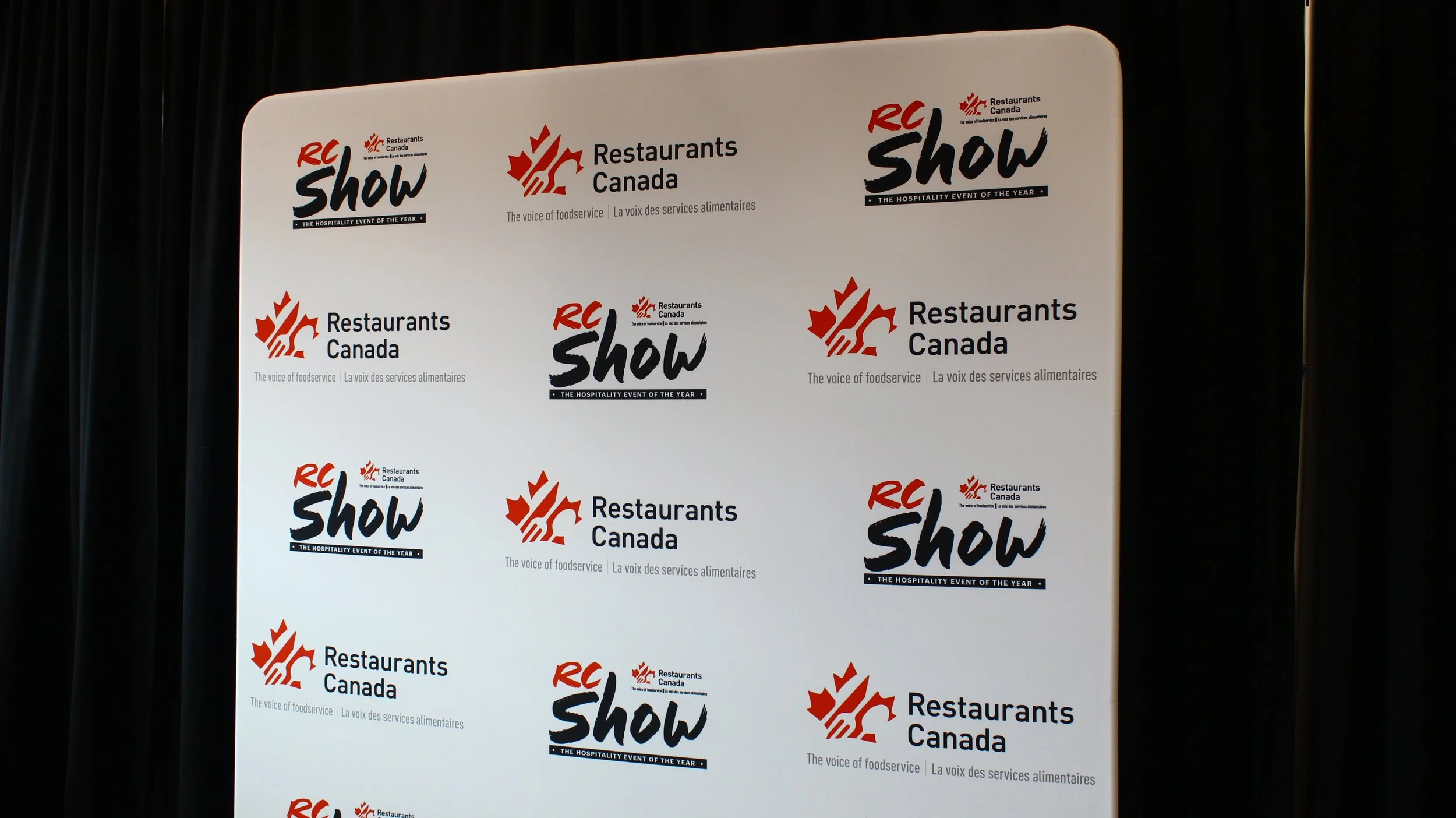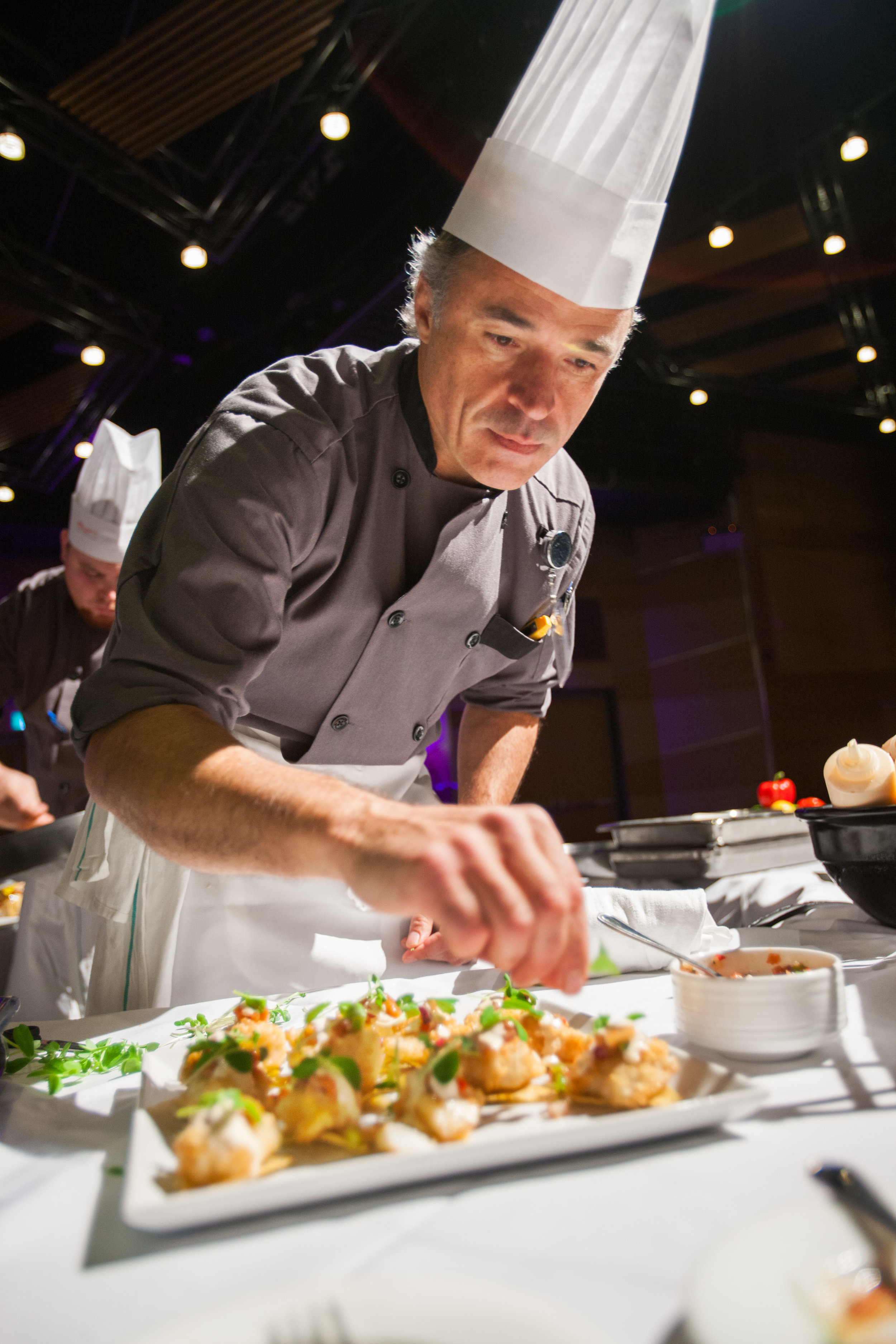Club Regent and McPhillips Station restaurants, both of Casinos of Winnipeg, are committed to doing their part to support a sustainable future. Both food and beverage facilities recently became Level 1 LEAF certified and are proud to join a growing number of green restaurant options in Manitoba.
Casinos of Winnipeg is acutely aware of the energy usage and kitchen waste that can accumulate on a daily basis. For Alain Dumonceaux, director of food, beverage and events, environmental leadership is par for the course in this business.
“I think restaurants collectively are in a position to place environmental and social value right on the plate and be economically viable,” says Dumonceaux. “A restaurant is also a great place to provide sustainable education and awareness to customers.”
The restaurants at Club Regent and McPhillips Station started their journey to sustainability with organic waste collection for composting. Their composting program supports the development of a soil amendment as well as reduces the casino’s greenhouse gas emissions.
“Because of the size of our restaurants, we felt that this was our biggest environmental impact,” Dumonceaux says. “Staff really connect to the [composting] program and are proud of their efforts.”
On top of composting, both restaurants have taken steps to improve water and energy efficiencies by using green cleaners wherever possible.
For Dumonceaux, LEAF certification was an important step because it brings awareness to the fact that they are supporting the correct actions needed to protect ecosystems, support sustainable food production and become more sustainable. One of the most successful and rewarding strategies that they have embraced is a commitment to buying local.
“Our chefs are especially proud of their efforts to both advance local food offerings and our commitment to serve only fair trade certified coffee.”
They are continually looking for ways to increase local offerings at both Club Regent and McPhillips Station and have recently updated their menus to proudly list their local producers and products.
According to Dumonceaux, the quality and supply of water and soil is just as much a concern for the restaurant industry as it is for the farmers who supply them.
“We need to use our purchasing power to support sustainable agronomic practices,” he says.a “Looking ahead our goal is to improve the efficiency of our organic composting program, increase our local food spend, and expand our fair trade offerings to customers.










